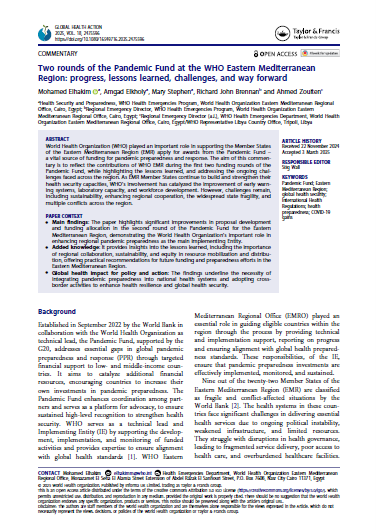
Two rounds of the Pandemic Fund at the WHO Eastern Mediterranean Region: progress, lessons learned, challenges and way forward
Publication date: 2025
WHO played an important role in supporting the Member States of the Eastern Mediterranean Region apply for awards from the Pandemic Fund – a vital source of funding for pandemic preparedness and response. The aim of this commentary is to reflect the contributions of the WHO Eastern Mediterranean Region during the first two funding rounds of the Pandemic Fund, while highlighting the lessons learned and addressing the ongoing challenges faced across the Region. As Member States continue to build and strengthen their health security capacities, WHO’s involvement has catalyzed the improvement of early warning systems, laboratory capacity and workforce development. However, challenges remain, including sustainability, enhancing regional cooperation, the widespread state fragility and multiple conflicts across the Region.
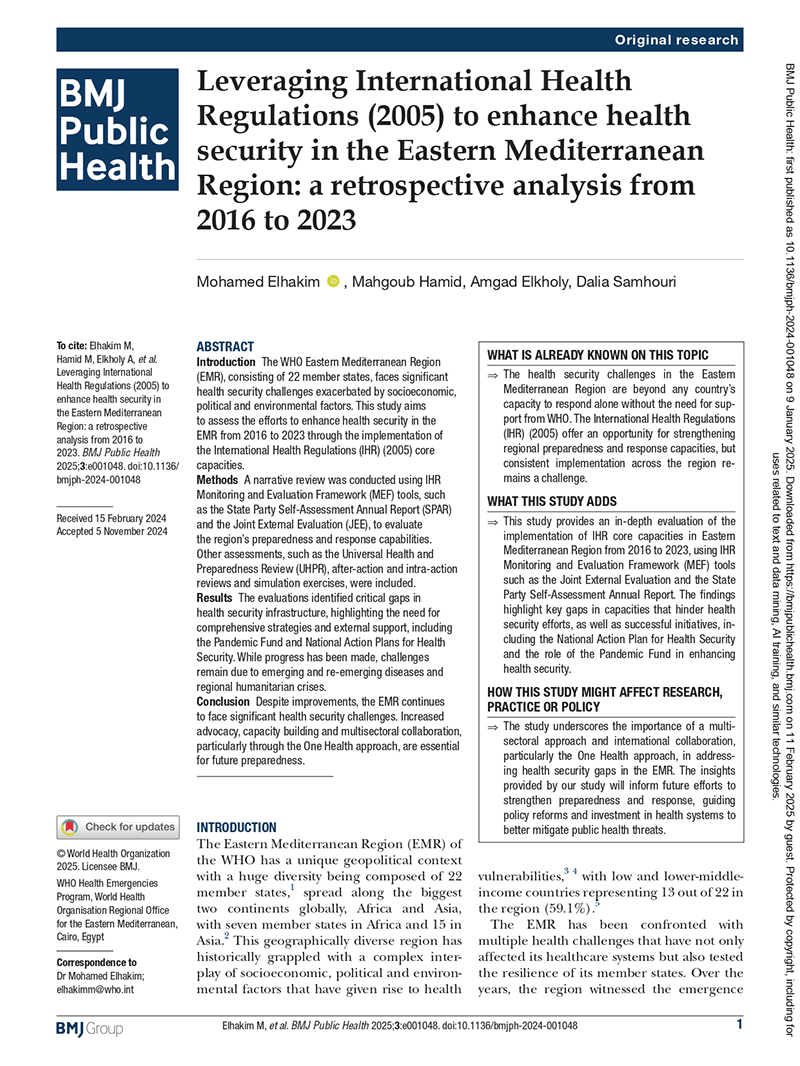
Leveraging International Health Regulations (2005) to enhance health security in the Eastern Mediterranean Region: a retrospective analysis from 2016 to 2023)
Publication date: 2025
The WHO Eastern Mediterranean Region (EMR), consisting of 22 Member States, faces significant health security challenges exacerbated by socioeconomic, political and environmental factors. This study aims to assess the efforts to enhance health security in the EMR from 2016 to 2023 through the implementation of the International Health Regulations (IHR) (2005) core capacities. The evaluations identified critical gaps in health security infrastructure, highlighting the need for comprehensive strategies and external support, including the Pandemic Fund and National Action Plans for Health Security. While progress has been made, challenges remain due to emerging and re-emerging diseases and regional humanitarian crises.
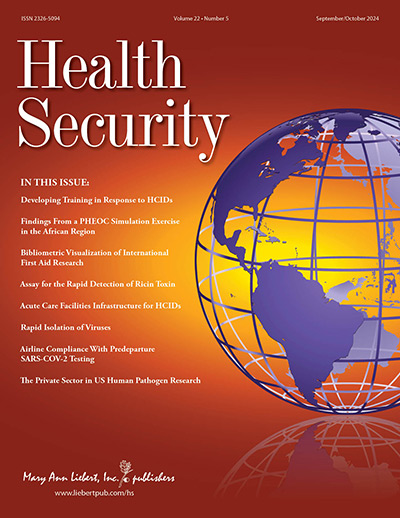
How the IHR (2005) shaped the COVID-19 pandemic response in the Eastern Mediterranean Region: what went well and what did not
Publication date: 2024
The COVID-19 pandemic has underscored the importance of the International Health Regulations (IHR) (2005) in addressing global health emergencies. This review aims to improve healthcare system capabilities, future preparedness and actions in the Eastern Mediterranean Region, particularly in low-resource areas. The IHR, established in 1969, initially focused on 6 diseases but has since expanded to include a wider range of public health threats. These rules establish a globally recognized legal framework that is applicable to all 196 states parties, including all 194 World Health Organization member states.
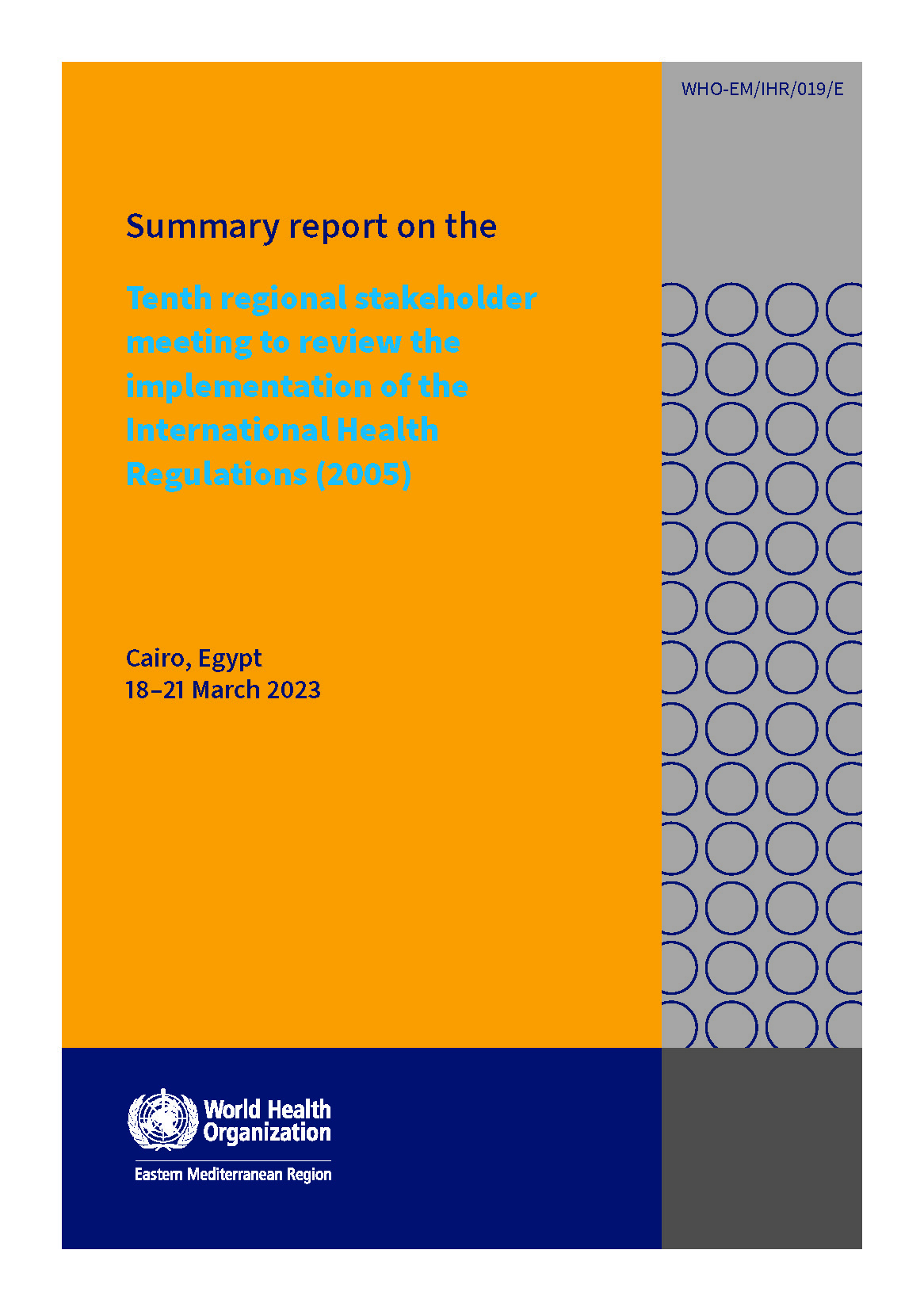
Summary report on the tenth regional stakeholder meeting to review the implementation of the International Health Regulations (2005)
Publication date: 2024
The tenth regional stakeholder meeting to review the implementation of the International Health Regulations (IHR) 2005 was held in Cairo, Egypt, on 18–21 March 2023. The meeting was attended by 70 participants, including national IHR focal points, WHO country office focal points and representatives from the Centers for Disease Control and Prevention (CDC), Africa CDC and UK Health Security Agency. The meeting served as a forum for intensive discussions, information-sharing, country-to-country exchange of best practices and lessons learned, and updates on the proposed amendments to the IHR 2005 tools, pandemic treaty and Pandemic Fund.
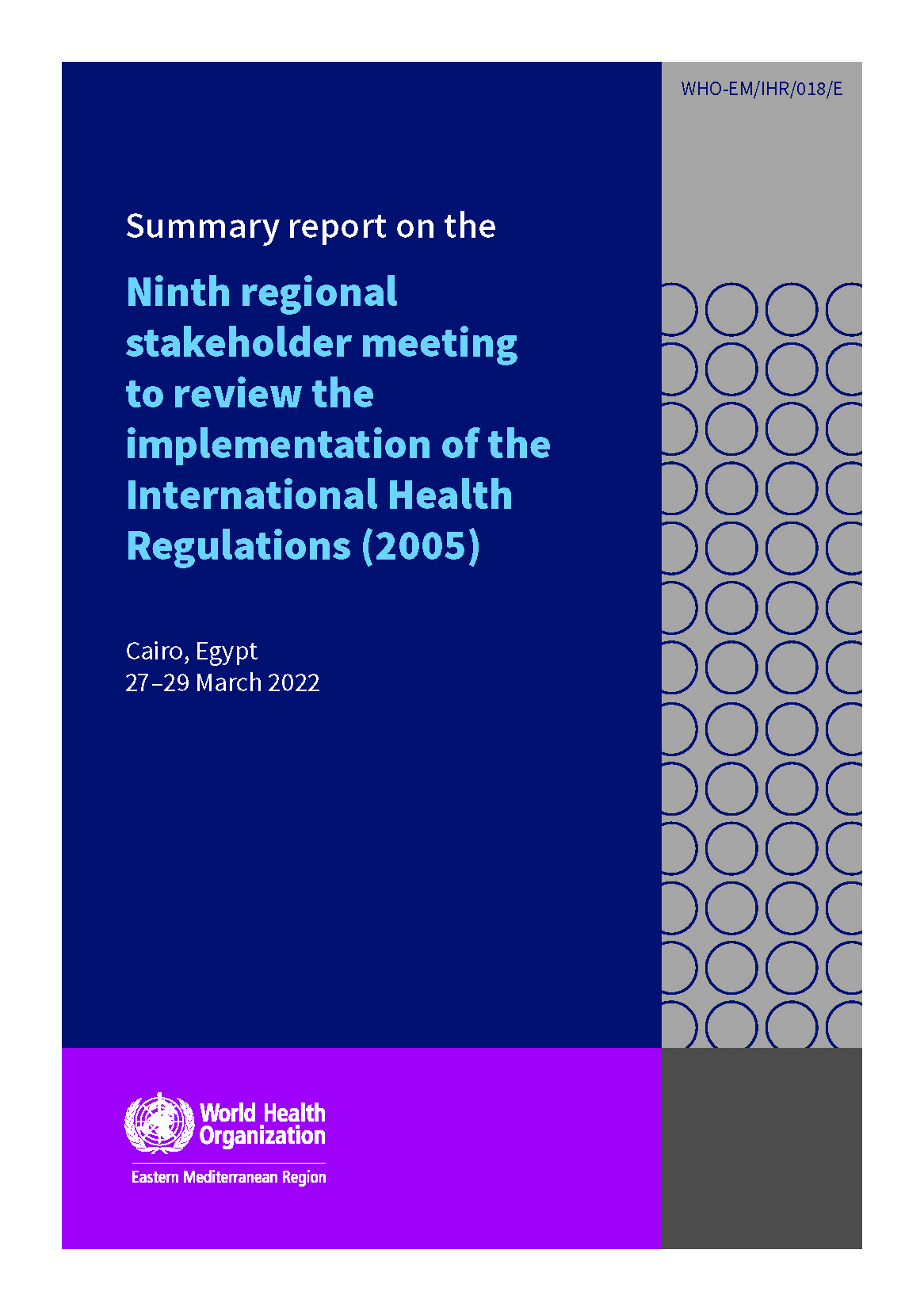
Summary report on the ninth regional stakeholder meeting to review the implementation of the International Health Regulations (2005)
Publication date: 2024
ThThe ninth regional stakeholders meeting to review the implementation of the International Health Regulations (IHR) 2005 was held in Cairo, Egypt, from 27 to 29 March 2020 after a two-year hiatus due to global travel restrictions imposed in response to the COVID-19 pandemic. The meeting was attended by 45 participants, including national IHR focal points, as well as the Director-General of the WHO Collaborating Centre for Mass Gathering in Saudi Arabia. Over the three days, the meeting provided a forum for discussion, information sharing, country-to-country exchange of best practices and lessons learned, and updates on the proposed amendments to the IHR 2005 tools.
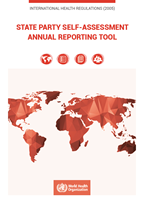
IHR State Party Self-Assessment Annual Report (SPAR)
Publication date: 2024
Between 2010 and 2017, the International Health Regulations (IHR) Monitoring Questionnaire sent to national IHR focal points were used at least once by all 196 States parties to report to the World Health Assemby. The summary of results from the questionnaire have been used to report to the Assembly since 64th WHA in 2010, and country profiles have been made available on the WHO Global Health Observatory data web page. In compliance with the recommendations of the IHR Review Committee on Second Extensions for Establishing National Public Health Capacities and on IHR Implementation, following formal global consultations with States Parties, the WHO Secretariat has developed the IHR States Parties Self-assessment Annual Reporting Tool.
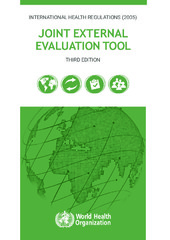
Joint External Evaluation (JEE)
Publication date: 2024
In 2020, the IHR Review Committee and the Independent Oversight and Advisory Committee for the WHO Health Emergencies Programme expressed the need to adjust the IHR monitoring, and evaluation instruments based on lessons learned from the COVID-19 pandemic. In early 2021 the WHO Joint External Evaluation (JEE) Secretariat began the process of systematic review of the tool. The changes and improvements made by the technical working group are reflected in the third edition of the JEE tool. Overall, the number of technical areas is unchanged at 19, and indicators increased from 49 to 56 indicators. The new tool is expected to improve quality of assessment of preparedness capacities of Member States for timely detection, prevention and effective response to public health emergencies.
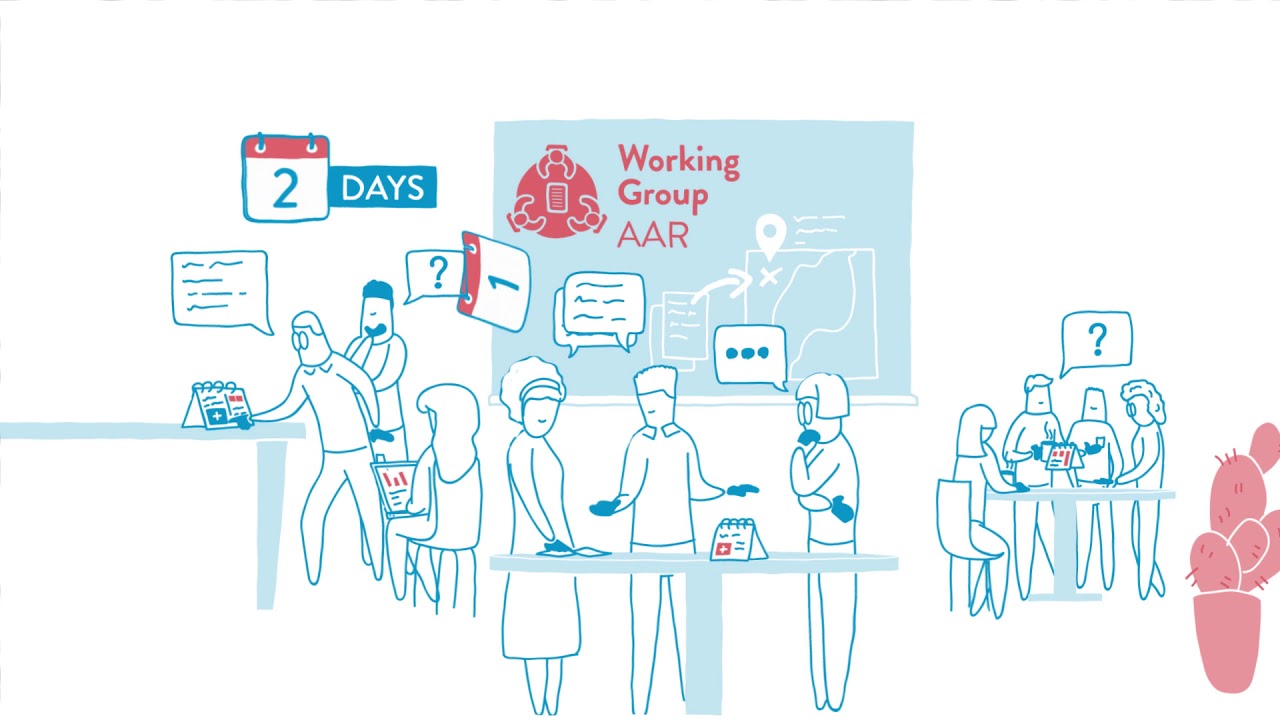
After Action Review (AAR)
Publication date: 2024
An After Action Review is a qualitative review of actions that are taken to respond to an emergency or a public health event as a means of identifying best practices and areas for improvement to be better prepared for the future. It helps to assess the functionality of national capacities for preparedness and response to health emergencies.

Simulation Exercises (SimEx)
Publication date: 2024
A Simulation Exercise (SimEx) simulates an emergency situation to which a described or simulated response is made. The purpose of a SimEx is to validate and enhance preparedness and response plans, procedures and systems for all hazards and capabilities. WHO defines different types of exercises, including discussion-based table top exercises as well as operations-based exercises such as drills, functional exercises and field/full scale exercises. Specifically, simulation exercises aim to: review and assess planning assumptions, procedures, operational plans and guidelines and standard operating procedures; assess and test interoperability between these plans and procedures; reveal planning weaknesses and resource gaps; improve coordination and collaboration; clarify roles and responsibilities; and more.
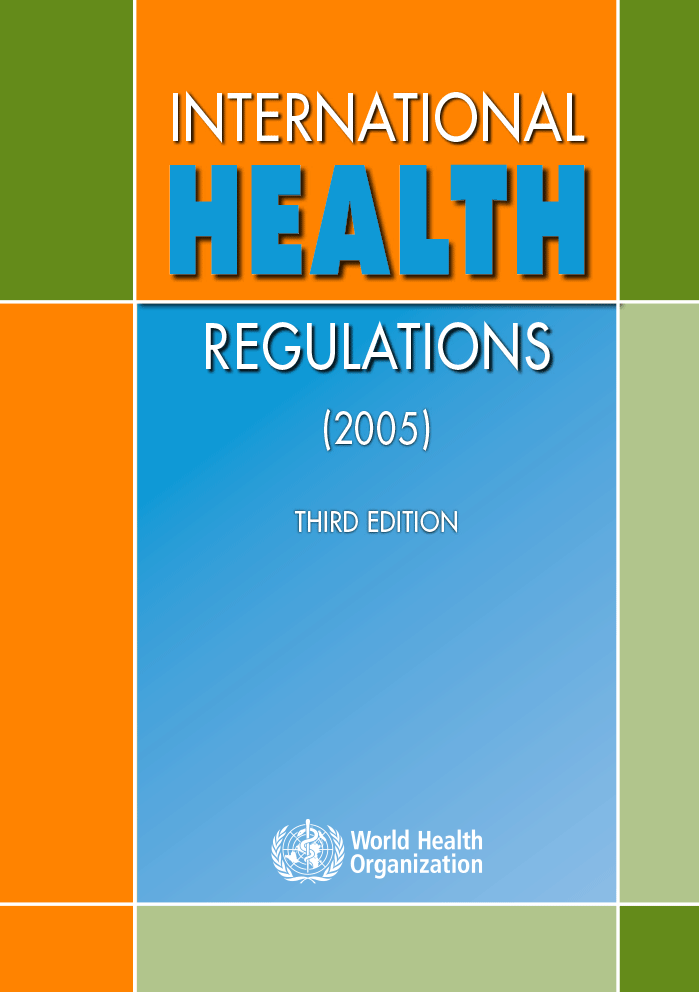
International Health Regulations (2005): third edition
Publication date: 2016
The International Health Regulations (IHR) 2005 provide an overarching legal framework that defines countries’ rights and obligations in handling public health events and emergencies that have the potential to cross borders. The IHR are an instrument of international law that is legally-binding on 196 countries, including the 194 WHO Member States. This third edition contains the first amendment to the IHR (2005): a revision to Annex 7 adopted by the Sixty-seventh World Health Assembly in 2014. This edition also updates Appendix 1 containing the list of IHR 2005 States Parties.




